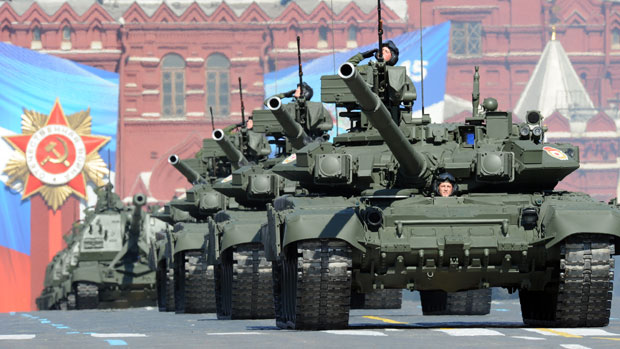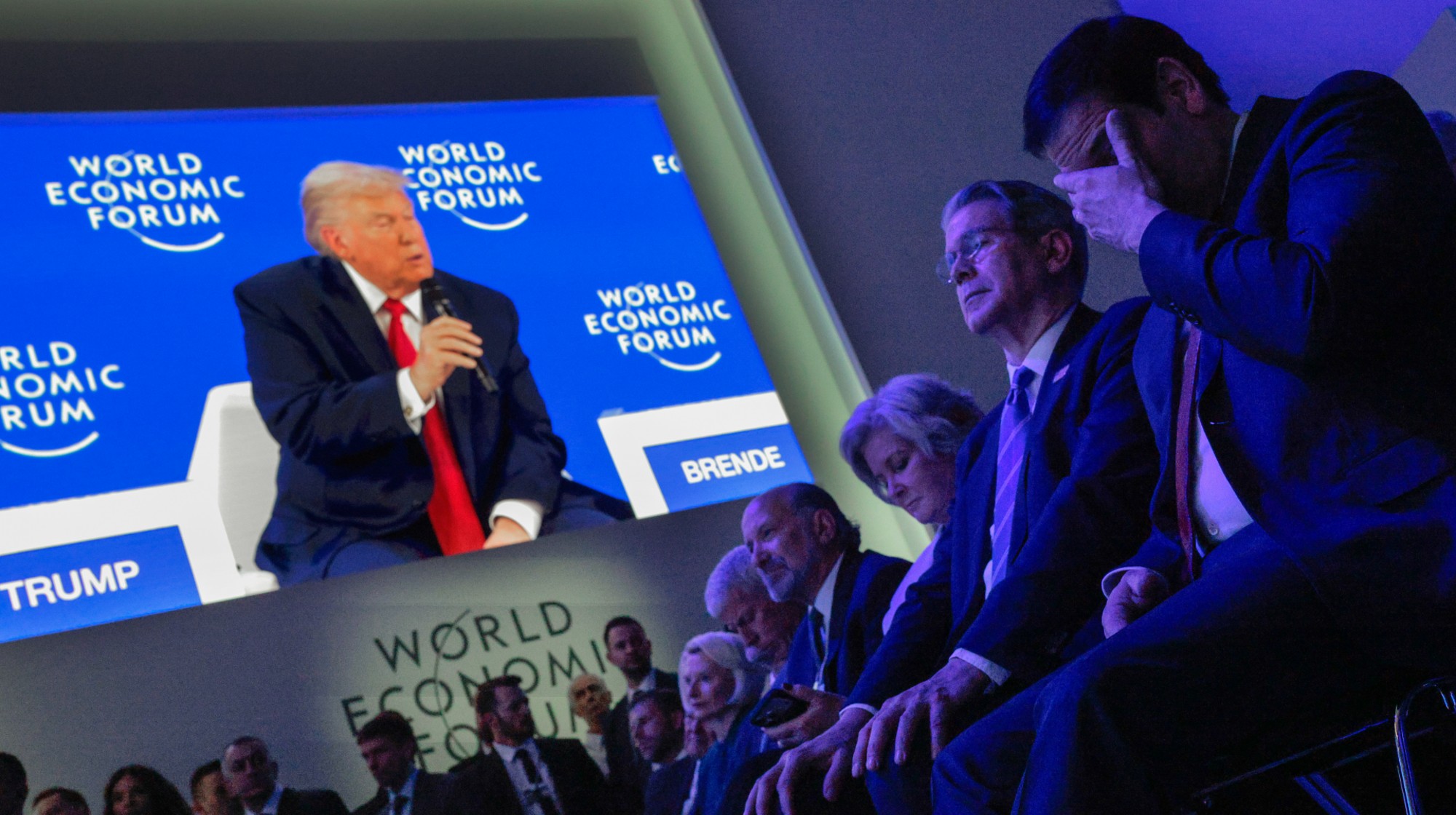Nato 'unprepared' to repel Russian attack, MPs warn
UK defence watchdog says major overhaul is required to defend against cyber-warfare and 'irregular militias'

A free daily email with the biggest news stories of the day – and the best features from TheWeek.com
You are now subscribed
Your newsletter sign-up was successful
Britain and Nato are "woefully prepared" to deal with the threats posed to member states by Russia, should relations with Vladimir Putin deteriorate any further, a cross-party group of MPs has warned.
The crisis in Ukraine has raised the spectre of a new era of hostility between East and West, but according to the committee, Nato's forces are "seriously deficient" in key areas, the alliance's ability to predict attack is lacking and command and control structures need to be overhauled.
While the risk of a conventional conflict remains low, the Commons defence committee warned that cyber-attacks or assaults by "irregular militias" such as separatists remain possible, the BBC reports.
The Week
Escape your echo chamber. Get the facts behind the news, plus analysis from multiple perspectives.

Sign up for The Week's Free Newsletters
From our morning news briefing to a weekly Good News Newsletter, get the best of The Week delivered directly to your inbox.
From our morning news briefing to a weekly Good News Newsletter, get the best of The Week delivered directly to your inbox.
The committee recommended:
- Improvements to the existing Nato rapid reaction force.
- The positioning of equipment in the Baltic States.
- A continuous presence of Nato troops in the Baltic.
- A return to "large-scale military exercises".
- A commitment to spend at least two per cent of GDP on defence.
- A full review of responses to cyber attacks.
Nato has said that it will review the committee's findings.
Conservative MP Rory Stewart, the new head of the committee, noted that while Nato has not carried out any mass training exercises since the end of the Cold War, Russia's military had practised naval blockades, combined submarine operations and simulated tactical nuclear strikes. "We haven't done any exercises like that since about 1988-1989," Stewart said.
The recommendations have been made at a time of "exceptionally fraught and volatile relations between Russia and the west," The Guardian says. They come against a backdrop of renewed conflict in Ukraine and just weeks before a biennial Nato summit which will be hosted by David Cameron in Wales.
A free daily email with the biggest news stories of the day – and the best features from TheWeek.com
A government spokesman told The Times that in the run-up to the Nato summit, the UK was "negotiating across the alliance to ensure Nato can continue to be at the forefront of building stability in a unpredictable world".
Nato's spokeswoman, Oana Lungescu, admitted she had not read the full report, but said: "Nato has already taken measures to reinforce collective defence, especially for our eastern allies, with more planes in the air, more ships at sea, and more exercises on the ground. All 28 allies are contributing, and the United Kingdom is playing an important role in policing Baltic airspace and planned exercises in Poland".
-
 What to know before filing your own taxes for the first time
What to know before filing your own taxes for the first timethe explainer Tackle this financial milestone with confidence
-
 The biggest box office flops of the 21st century
The biggest box office flops of the 21st centuryin depth Unnecessary remakes and turgid, expensive CGI-fests highlight this list of these most notorious box-office losers
-
 The 10 most infamous abductions in modern history
The 10 most infamous abductions in modern historyin depth The taking of Savannah Guthrie’s mother, Nancy, is the latest in a long string of high-profile kidnappings
-
 What happens now that the US-Russia nuclear treaty is expiring?
What happens now that the US-Russia nuclear treaty is expiring?TODAY’S BIG QUESTION Weapons experts worry that the end of the New START treaty marks the beginning of a 21st-century atomic arms race
-
 Epstein files topple law CEO, roil UK government
Epstein files topple law CEO, roil UK governmentSpeed Read Peter Mandelson, Britain’s former ambassador to the US, is caught up in the scandal
-
 Iran and US prepare to meet after skirmishes
Iran and US prepare to meet after skirmishesSpeed Read The incident comes amid heightened tensions in the Middle East
-
 Israel retrieves final hostage’s body from Gaza
Israel retrieves final hostage’s body from GazaSpeed Read The 24-year-old police officer was killed during the initial Hamas attack
-
 China’s Xi targets top general in growing purge
China’s Xi targets top general in growing purgeSpeed Read Zhang Youxia is being investigated over ‘grave violations’ of the law
-
 Ukraine, US and Russia: do rare trilateral talks mean peace is possible?
Ukraine, US and Russia: do rare trilateral talks mean peace is possible?Rush to meet signals potential agreement but scepticism of Russian motives remain
-
 Panama and Canada are negotiating over a crucial copper mine
Panama and Canada are negotiating over a crucial copper mineIn the Spotlight Panama is set to make a final decision on the mine this summer
-
 Trump backs off Greenland threats, declares ‘deal’
Trump backs off Greenland threats, declares ‘deal’Speed Read Trump and NATO have ‘formed the framework for a future deal,’ the president claimed